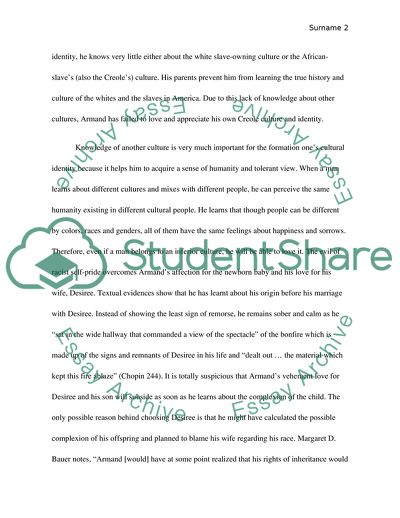Cite this document
(Discussion in the Context of Kate Chopins Desirees Baby Term Paper, n.d.)
Discussion in the Context of Kate Chopins Desirees Baby Term Paper. https://studentshare.org/literature/1816722-culture-and-identity
Discussion in the Context of Kate Chopins Desirees Baby Term Paper. https://studentshare.org/literature/1816722-culture-and-identity
(Discussion in the Context of Kate Chopins Desirees Baby Term Paper)
Discussion in the Context of Kate Chopins Desirees Baby Term Paper. https://studentshare.org/literature/1816722-culture-and-identity.
Discussion in the Context of Kate Chopins Desirees Baby Term Paper. https://studentshare.org/literature/1816722-culture-and-identity.
“Discussion in the Context of Kate Chopins Desirees Baby Term Paper”. https://studentshare.org/literature/1816722-culture-and-identity.


